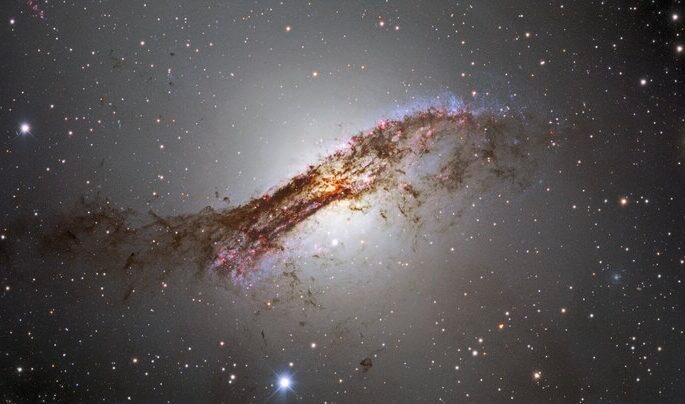Despite 30 years of research, scientists admit we still know almost nothing about dark energy and universe expansion
In 1998, astronomers made a groundbreaking discovery: the universe’s expansion was accelerating, driven by an unknown force now known as dark energy. Over two decades later, dark energy continues to be a major enigma in the study of the universe expansion, leaving scientists with more questions than answers.
Dark energy accounts for 68% of the universe’s total mass, yet its nature is entirely unclear. Unlike matter, which forms galaxies, stars, and planets, dark energy is uniformly distributed, exerting a repulsive force that pushes the cosmos apart at an ever-increasing pace.
The concept of dark energy revived Albert Einstein’s “cosmological constant,” an idea he once dismissed as his “greatest blunder.” This constant implies that space itself contains energy, fueling expansion. However, its underlying mechanism remains unknown.
Physicists have explored numerous theories, from vacuum energy to new fundamental forces, but none conclusively explain dark energy’s origins. Its effects, observed through cosmic background radiation and gravitational lensing, suggest it became dominant billions of years ago, altering the universe’s expansion.
Embed from Getty ImagesDespite modern science’s progress, humanity’s understanding of the cosmos is humbling. Dark energy, coupled with dark matter, highlights that 95% of the universe remains shrouded in mystery. As Guido Tonelli reflects in Matter: The Magnificent Illusion, explaining dark energy is one of modern science’s most formidable challenges, reminding us of how little we truly know about the universe we inhabit.
Scientists are using a variety of techniques to study dark energy, including the observation of supernovae, galaxy clusters, and the cosmic microwave background. These methods provide critical data that could one day help explain dark energy’s role in the cosmos. Upcoming space missions, like the European Space Agency’s Euclid satellite, are set to enhance our understanding by mapping the geometry of the universe and investigating how dark energy influences its expansion over time.
While dark energy remains elusive, its discovery has propelled new areas of research in both physics and cosmology. The pursuit of knowledge about dark energy is not only about understanding the forces that shape the universe but also about uncovering the fundamental laws that govern reality itself. As scientists continue to push the boundaries of discovery, the mystery of dark energy will undoubtedly remain a key focus in the search for a deeper understanding of the cosmos.
